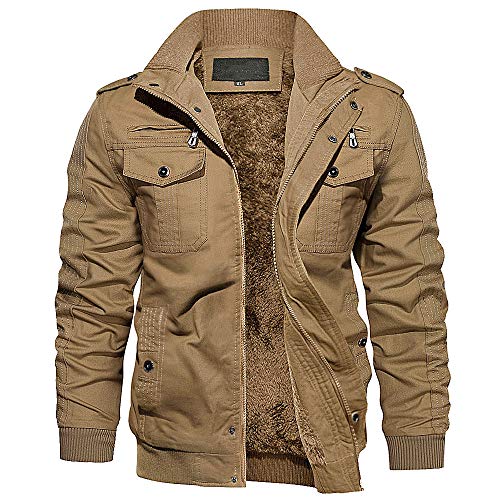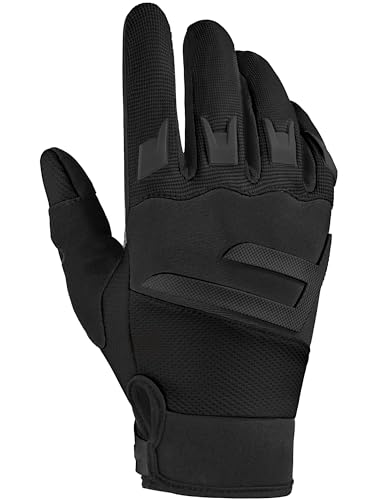The reason I found the link in the 1st post was that my son and I were discussing helmets this past weekend.
Except the discussion didn't
start out talking about motorcycle helmets. It started out discussing equestrian riding helmets, and the ridiculous prices that they get for Eventing (equestrian jumping competition) helmets. They get the same kind of money that people pay for a Shoei or Schuberth MC helmet for what amounts to a gussied up bicycle helmet with their (all important) name printed on the back. There are other brands and models of helmets that are available for reasonable prices (in the $50- $100 range) that are every bit as good as, in many cases actually safer than, the $500-600 ones, but the dressage judges would find faults and add points to your score (points are penalties) if they noticed you were wearing a "school grade" protective helmet in the dressage ring.
Naturally, both of us being FJR riders, the conversation turned to our bike lids. As Denver_FJR noted, the vast majority of the brain protection to impact is provided by the EPS (styro-foam) foam liner, which is probably the cheapest part of the helmet to produce. They make disposable coffee cups out of the stuff because it is an inexpensive product (though it is losing favor due to inability to recycle, but I digress).
In some cases the comfort features and functionality of the convenience items, shield(s) etc. may be better, but certainly not all of them. And according to the study the most expensive helmet brand actually scored among the worst in the safety ratings as they measured them.
There is another, older, US based study that showed that many DOT only helmets were actually safer in normal street use than the Snell rated helmets because the type of impacts you expect on the street (head falling to hit street from the bike) are different that the type of testing Snell was doing then for racing applications, where they are
attempting to protect from hitting things other than the ground at speed. But you would pay more for the Snell rating, and those helemts all charged a lot more money than just the Snell rating added.
Why do these "big name" helmets command such higher prices? It certainly goes without saying that it does not cost them that much more to manufacture them. And the UK study indicates that it has nothing to do with increased safety. So why do they get so much more money for helmets of comparable comfort and convenience features, and possibly even worse safety ratings? Because they can. Because of the premise in the line re-quoted from above:
Apparently an 80s commerical for the helmet manufacturer
Bell bore the slogan:
"If you've got a $10 head, wear a $10 helmet". Nowadays it's a deeply-ingrained and widely accepted idea among bikers that it's worth spending a lot of money on your headgear.
If you line up 10 random MC riders and showed them a lineup of different helmets with the brand names on them and the price tags showing, and asked them which they believed to be the safer helmets, I think we all know what the results would look like. They would
assume that the more expensive ones are the safest and of the highest quality.
Yeah, we all make our choices and take our chances. My son and I both wear Scorpion brand helmets. Mine is an old EXO-900 modular (soon in need of replacement) and his and his GF's are 1 year old EXO500 full faces. They seem to test reasonably well in the safety, have great fit and finish, and were bought at very reasonable prices (each less than $200), especially since they were all bought on closeouts.
So why would anyone who owns a $16k motorcycle balk at paying $600 - $700 for a helmet? Let me give you an apt analogy that most here should understand: We paid $16k dollars for an FJR because it is an excellent motorcycle that ticks all the boxes of what a Sport Touring motorcycle is at a
reasonable price of ownership. If you had paid more (much more) for a BMW sport touring bike would that have been a better choice? Many BMW owners think so.
Higher cost of a product does not
always indicate higher quality or that something is "better". You do not
always get what you pay for. Caveat emptor!






























































